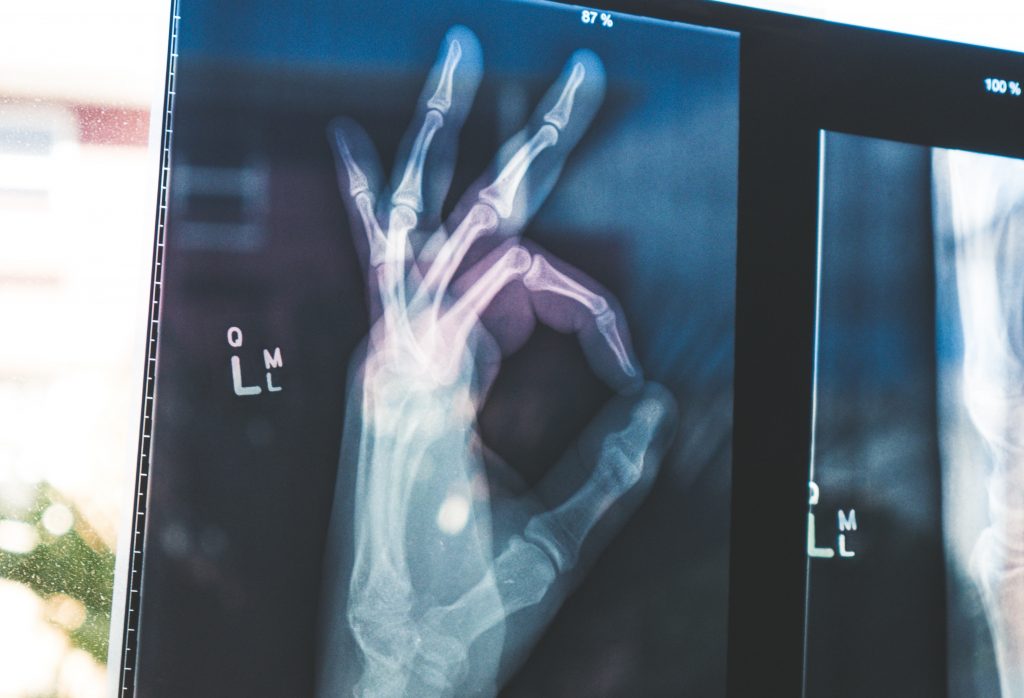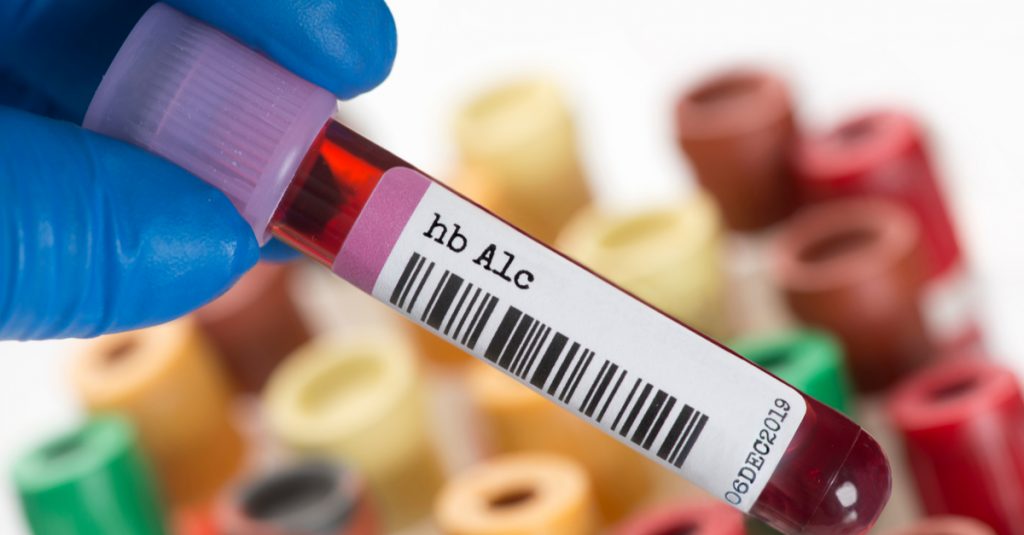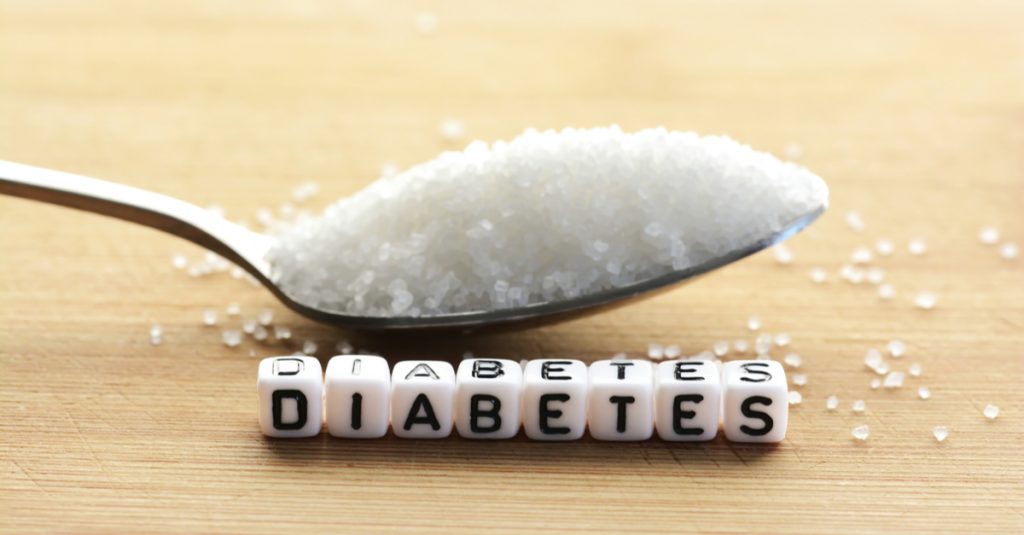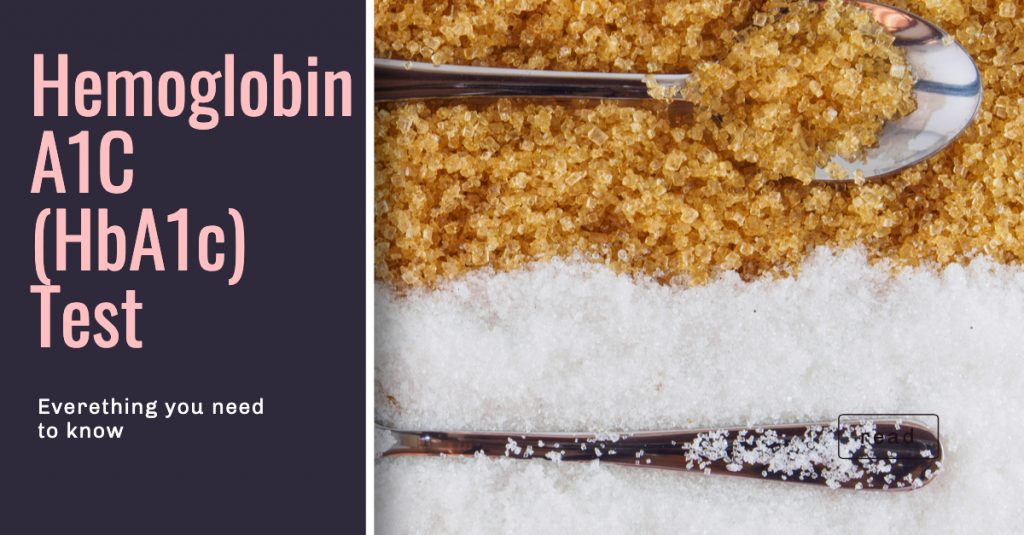Treatment For Vitamin D Deficiency
Treatment For Vitamin D Deficiency Read More »
Understanding the importance of vitamin D for health at any age is crucial. Since low levels of vitamin D are common, it is important to know how to treat it. We will discuss various ways to improve health through sunlight exposure, proper nutrition, and the use of vitamin D supplements as part of the treatment for vitamin D deficiency. Additionally, we will explore how individual characteristics can influence the success of achieving healthy vitamin D levels, as well as determine safe dosages for its maintenance. This article was last reviewed by Svetlana Baloban, Healsens, on October 24, 2020. This article was last modified on 29 October 2020. Let us start with how we define vitamin D deficiency. In summary, a deficiency occurs when the serum 25-hydroxyvitamin D level is less than 20 ng/ml (50 nmol/L). If your serum 25-hydroxyvitamin D level is between 20 and 30 ng/ml (50 to 75 nmol/liter), then we are talking about vitamin D insufficiency. Values of less than 10 ng/ml refer to severe vitamin D deficiency. We will analyze the approach to treat this deficiency separately. Treatment for vitamin D deficiency Sunbathing Sunbathing, mentioned in the article about the influence of vitamin D on health, is an excellent way to compensate for vitamin D deficiency. Sunlight (ultraviolet) promotes the formation of about a dozen beneficial compounds, including not only vitamin D but also nitric oxide (NO5), which is beneficial for reducing blood pressure, cardiovascular diseases, and metabolic syndrome. The skin contains significant reserves of nitric oxide, which, when exposed to ultraviolet light, can be converted into NO and enter the systemic circulation. Studies on humans show that this process can cause dilation of arterial vessels and reduction in blood pressure. IN THIS ARTICLE 1 Treatment for vitamin D deficiency 2 Vitamin D Deficiency Treatment Using Supplements 3 Maintenance Dose of Vitamin D 4 Monitoring Vitamin D Levels RELATED ARTICLES It is also noted that the impact of ultraviolet radiation can suppress clinical symptoms of multiple sclerosis independently of vitamin D synthesis . Sunlight is also beneficial for maintaining healthy erectile function. However, it is worth remembering that UV radiation remains a proven carcinogen. What to do in this situation? It is recommended to consider the option of “healthy sun exposure”, when you are in the sun during the safest times – before 10 in the morning and after 4 in the evening. It is important to remember that sunscreen with a sun protection factor of 30 can reduce vitamin D synthesis in the skin. Additionally, people with naturally dark skin have built-in sun protection and require at least three to five times longer exposure to produce the same amount of vitamin D. Choose the safest times for sunbathing without sunscreen. Food Another way to increase the level of vitamin D in the body is through the consumption of food products. Very few foods naturally contain or are enriched with vitamin D. However, in combination with sunbathing, food products can also be beneficial. Pay attention to foods such as fatty fish (salmon, mackerel, tuna), egg yolks, cheese, liver, and vitamin D-fortified dairy products and cereals – they can become a good source of this vitamin. In addition to sunbathing, in case of vitamin D deficiency (especially at critical levels when the level of 25(OH)D is less than 20 ng/ml), it is advisable to take vitamin D in the form of supplements. It is worth noting that the increase in the level of 25(OH)D when taking vitamin D supplements is highly individual. In the next chapter, we will delve into the issue of vitamin D dosages through supplements recommended at present. Vitamin D Deficiency Treatment Using Supplements Vitamin D deficiency is defined when the level of 25(OH)D is below 20 ng/mL. It is important to realize that unprotected sun exposure is the primary source of vitamin D for both children and adults. Vitamin D synthesized in the skin can remain in the blood at least twice as long as vitamin D obtained from external sources. However, if opportunities for sunbathing are unavailable, considering vitamin D supplementation becomes advisable. The amount of vitamin D needed to treat deficiency largely depends on the degree of deficiency and key risk factors. Let’s delve into clinical recommendations for treating vitamin D deficiency using supplements. Research findings indicate a rate of increase in the level of 25(OH)D in serum of approximately 0.4 ng/mL/μg/day. This means that intake of 100 IU/day of vitamin D increases the level of 25(OH)D in serum by less than 1 ng/mL. For instance, if your level of 25(OH)D in serum is 15 ng/mL, an additional daily intake of about 1500 IU of vitamin D2 or vitamin D3 is required to achieve and maintain a level of 30 ng/mL. However, to achieve a similar increase in the level of 25(OH)D in serum among individuals with obesity, two to three times more vitamin D is required. Vitamin D can be taken on an empty stomach or with meals, and dietary fats are not required. Taken three times a year, weekly, or daily, vitamin D can be effective in maintaining the level of 25(OH)D in serum for both children and adults. » Discover everything about what your cholesterol results mean. How much vitamin D should I take if I’m deficient? So, the amount of vitamin D needed to treat a deficiency depends largely on the degree of the deficiency and the underlying risk factors. Initial supplementation with Vitamin D3 for 8 weeks, either 6,000 IU daily or 50,000 IU weekly, can be considered. When the vitamin level exceeds 30 ng/ml, the daily maintenance dose will be 1500 to 2000 IU. If after 8 weeks your level of 25(OH)D in the blood has not increased, it is recommended to undergo testing for celiac disease or hidden cystic fibrosis. Higher-risk adults may require higher starting doses of vitamin D3. These people include African Americans, Hispanics, people with obesity, chronic illness, and taking certain medications. Typically, your doctor may prescribe 10,000 IU of vitamin per day. For such people,








